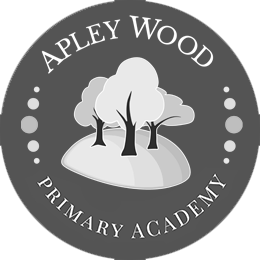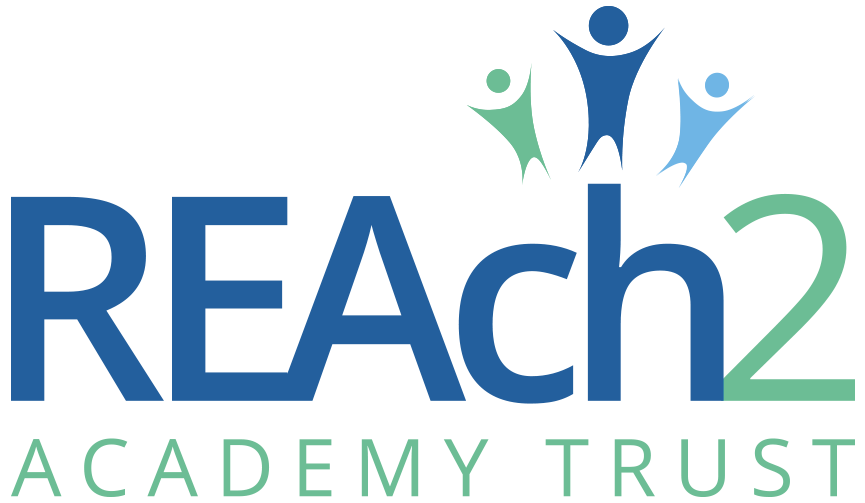The Health Protection Hub have asked us to share the following information with parents and carers:
With half-term approaching you may be considering taking your child/children on a farm visit.
All animals naturally carry a range of micro-organisms, some of which can be transmitted to humans, where they may cause ill health. Some of these, such as E.coli O157 or Cryptosporidium (Crypto), have the potential to cause serious illness, which may be particularly severe in young children We see many cases of Crypto each year in the Health Protection Hub, particularly among children, and it’s a miserable experience for them and their parents/carers.
Follow these practical steps to help keep your child safe and healthy:
- Avoid touching faces or putting fingers in mouths while in farm environments.
- Don’t kiss farm animals or allow children to put their faces close to animals.
- Wash hands thoroughly with soap and water after touching animals, fences or other surfaces in animal areas.
- Don’t eat or drink while touching animals or walking round the farm and only eat and drink in picnic areas or cafes.
- Wash hands thoroughly with soap and water before eating or drinking.
- Remove and clean boots or shoes that might have become soiled and clean pushchair wheels, then wash hands thoroughly with soap and water.
- Don’t use gels or wipes instead of washing hands with soap and water – gels and wipes don’t remove E. coli O157 or Crypto.
- Supervise children closely to make sure they wash their hands thoroughly.
- If someone in the family has diarrhoea or vomiting after visiting a farm or animal visitor attraction, take the following steps:
- Wash all dirty clothes, bedding and towels in the washing machine on the hottest wash cycle possible.
- Encourage good hand hygiene after using the toilet, washing hands thoroughly with soap and running water.
- Clean toilet seats, toilet bowls, flush handles, taps, hand basins and any other areas that might have been soiled with detergent and hot water, rinsing with household disinfectant.
- Visit the doctor and explain that they have had recent contact with animals.
- Please also contact the attraction you visited and inform them of the illness.



